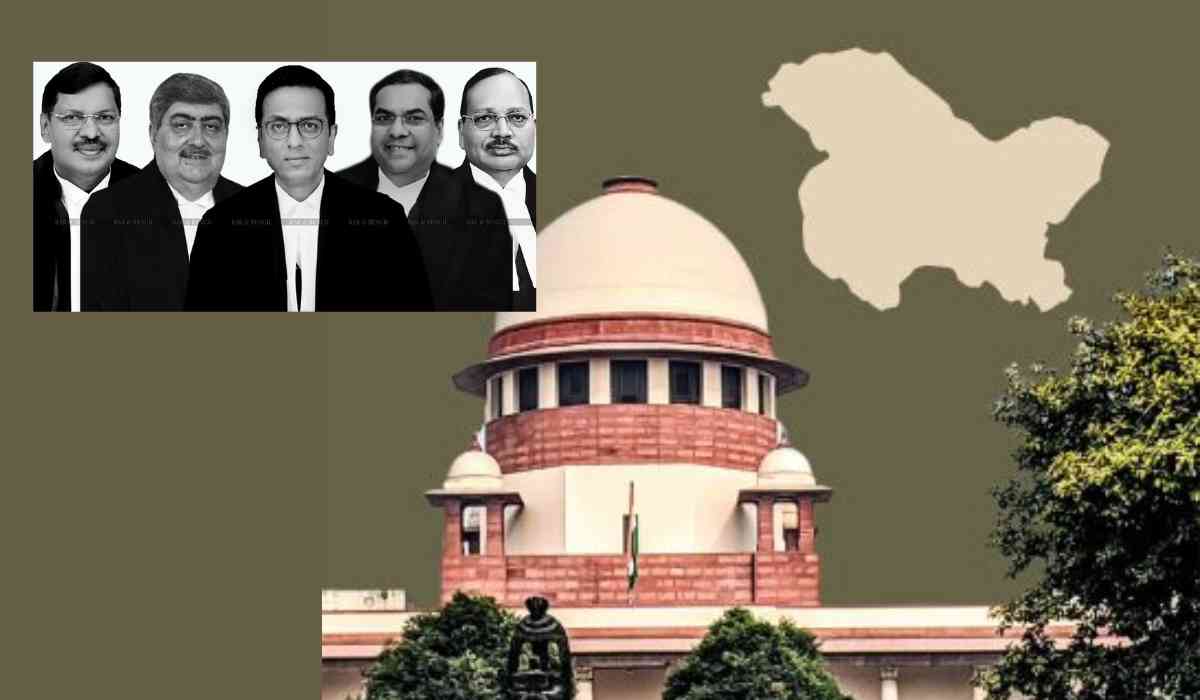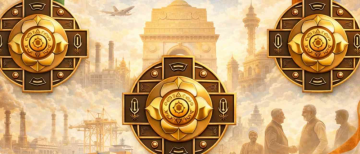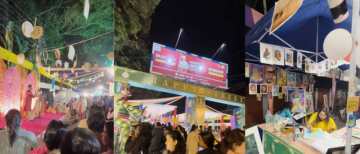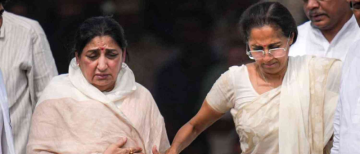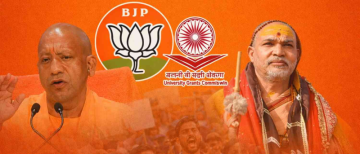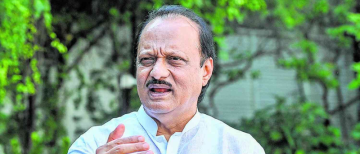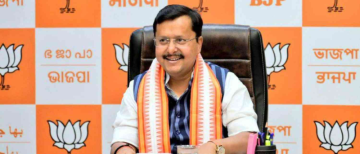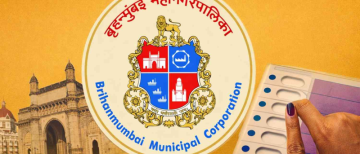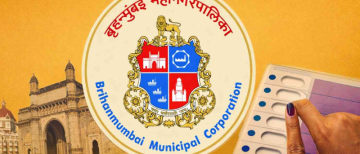Jammu & Kashmir is given special autonomy under Article 370 of the Indian Constitution, which is referred to as a "temporary provision." The state of Jammu & Kashmir has been given unique status under Article 370 of Part XXI of the Indian Constitution, which deals with "Temporary, Transitional, and Special Provisions." Under Article 370 J&K is excluded from all of the Constitution's provisions that apply to other states.
Sheikh Abdullah, who was appointed prime minister of Jammu & Kashmir by Maharaja Hari Singh and Jawahar Lal Nehru, drafted the provision in 1947. Sheikh Abdullah had argued that the Constitution's temporary provisions should not include Article 370. He demanded the state to have "ironclad autonomy," which the Centre did not allow.
In accordance with this article, Parliament requires state government approval before enforcing any legislation other than those dealing with communications, finance, defense, and foreign affairs. In contrast to other Indians, citizens who live in the state are therefore subject to a different set of laws, including those that govern citizenship, property ownership, and fundamental rights under 370. This clause prohibits citizens of other Indian states from buying land or property in Jammu and Kashmir. The central government has no power to declare a financial emergency under Article 360 per Article 370 of the Constitution. Only in cases of war or external aggression, it may proclaim an emergency in the state. Therefore, unless the state government requests it or agrees to it, the Union government cannot declare an emergency based on internal conflict or immediate threat.
Currently, the Supreme Court is hearing the arguments challenging the abrogation of Article 370 of the Constitution that bestowed special status on the erstwhile State of Jammu and Kashmir. A five-judge constitution Bench headed by Chief Justice D.Y. Chandrachud is conducting day-to-day hearings with Justices Sanjay Kishan Kaul, Sanjiv Khanna, B.R. Gavai, and Surya Kant.
The Supreme Court bench is examining the validity of the decision to nullify Article 370 of the Constitution and pondered over whether Article 370 is a permanent feature and whether the process adopted for its removal was correct and legal. The bench is considering arguments that Article 370 became permanent in 1957 when the constitution of J&K came into force. Supreme Court will hear 22 petitions challenging the Abrogation of Article 370.
(Image: Bar&Bench)
© Copyright 2023. All Rights Reserved Powered by Vygr Media.

